|
|
|
|

| It's important to discuss racism with children early on so we can equip them with the knowledge and tools to challenge prejudice and promote inclusivity in their communities.
Choosing whether or not to talk to your kids about race is an option many parents don‘t have; some children may inevitably learn about it by confronting racism in their everyday lives. Therefore, what you choose to discuss will depend on your families personal experiences with race and racism.
There‘s no such thing as “quick tips” or foolproof advice when it comes to discussing the complexities of race. But, there are better ways to go about it and each parent will have to decide for themselves what makes the most sense.
|
|
|
Above all, it‘s a conversation all parents need to have, no matter your background or experience. So, if you‘re curious how to get this conversation started, here is what some of the experts have to say.
|
|
|
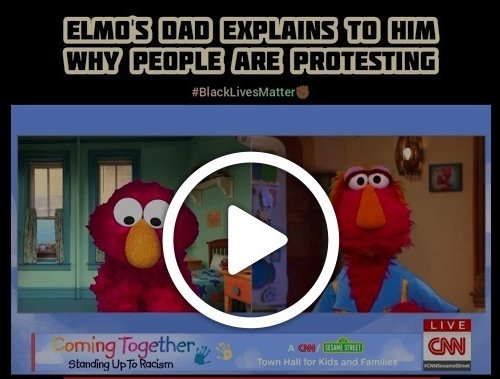
| Talk about it For some families, talking about race is a regular part of daily life. For others, it‘s a subject that can be difficult to discuss. But for everyone, it‘s an incredibly important conversation. Not talking about race causes children to come to a lot of harmful, problematic and factually inaccurate conclusions. Like anything else, when children aren't given the information they begin filling in the gaps themselves, and their data sources are not always reliable. This video is a great one to watch with your children!
|
|
|
|
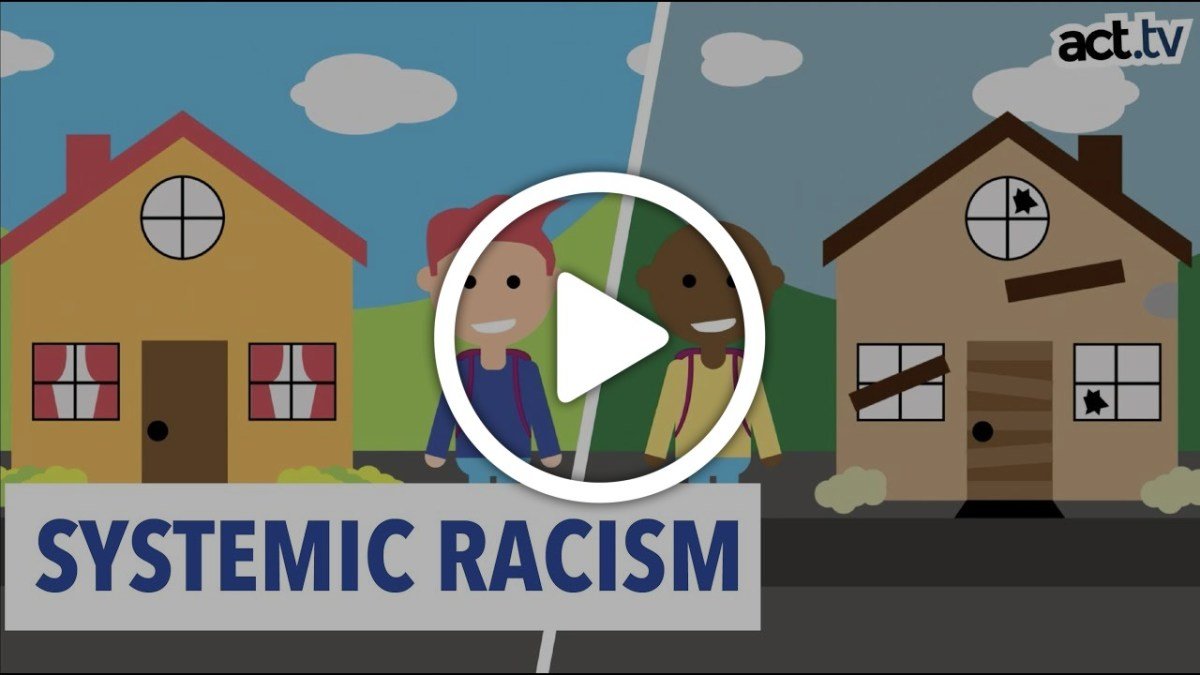
|
Set an example In order to have thoughtful and productive conversations about race with children, parents need to be comfortable discussing it themselves. If you find yourself intimidated by the topic make a point to learn more. It takes an active effort to consume information about people different than you. It‘s not about whose perspective is right or wrong, it‘s about acknowledging there are perspectives other than your own. This video is a great source to learn more about systemic racism.
|
| |
|
Make it relatable The concept of fairness matters to children - a lot. And because of this, unfairness is the perfect way to explain and conceptualize racism to young children. It’s not exactly easy to break down structural or institutional racism to a child, but the “spider web activity" is a concept they can grasp.
|
|
|
Give children balls of string and ask them to move around the room unraveling their balls of string to make a very tangled web. When they are done ask them to untangle it. They will soon find that it is much more difficult to untangle the web than it was to create it. Then explain that working to make society fair is a lot like untangling this web. Also let them know that even though there is unfairness, there have always been people working to change it, and your family can be a part of it, too.
|
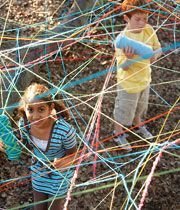
|
|
|
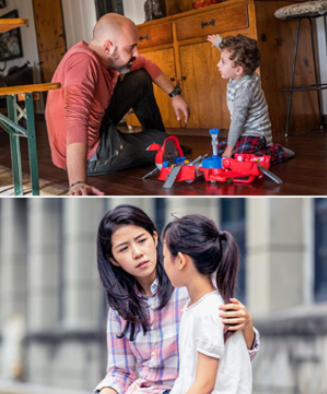
| Help your child navigate their curiosity Listen to what your children are saying. For example, if your young child says something that you think could potentially have racist undertones, take a moment to stop and ask yourself: What are they saying? What are they noticing? Ask them, “What makes you think that?” Their observation may be completely different than what you initially assumed. And the only way to truly know what your child meant after saying a “questionable” statement is by asking them to clarify or explain further.
|
|
|
|
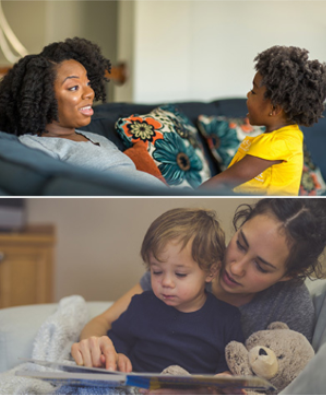
| Be an advocate No matter who you are, or where you come from, it’s important to advocate for all cultures, and how to live in a way that is acceptable for everyone. What does “being an advocate” actually look like? With advocacy, you want to allow people to speak for themselves. That means passing the microphone when it is someone else’s turn to share their experience. But, you’re also supporting them when they need assistance.
|
| |
|
|
I don't see colour “I don’t see colour” ” is not the answer. The fact is, everyone sees race, and there’s nothing wrong with that. The problem occurs when we make assumptions about people of color based on race, when racialized people are stereotyped and denied access based on race. Most people don’t want their race, culture and heritage and their experiences of racialized oppression ignored or erased. But they do want to be treated fair and equal.
|
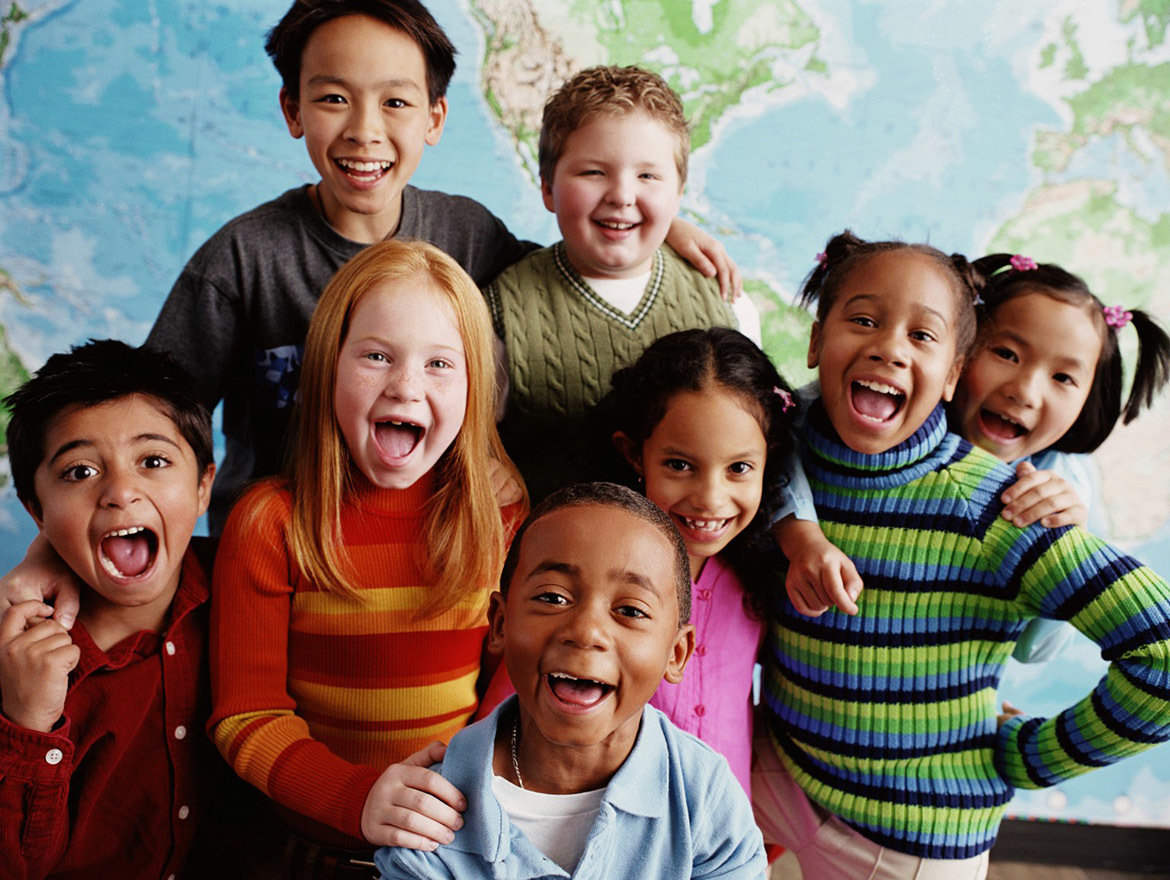
|
| |
|
Let them know what they can do to help "There is so much you can do to make a difference. You can help by being kind, and helping people around you feel safe and cared about, or noticing when kids aren’t being treated fairly and helping to put things right".
|
|
|
|
|
|
|
|
|
|
Yes, this really is a kids book about racism. Inside, you‘ll find a clear description of what racism is, how it makes people feel when they experience it, and how to spot it when it happens. This is one conversation that‘s never too early to start, and this book was written to be an introduction for kids on the topic.
|
| |
|
|
|
|
Definitions
Racism: the belief that groups of humans possess different behavioral traits corresponding to physical appearance and can be divided based on the superiority of one race over another.
Prejudice: an unfavorable opinion or feeling formed beforehand or without knowledge, thought, or reason. Any preconceived opinion or feeling, either favorable or unfavorable. Unreasonable...
Read More
|
| |
|
|
|
|
|
|
|
|
|